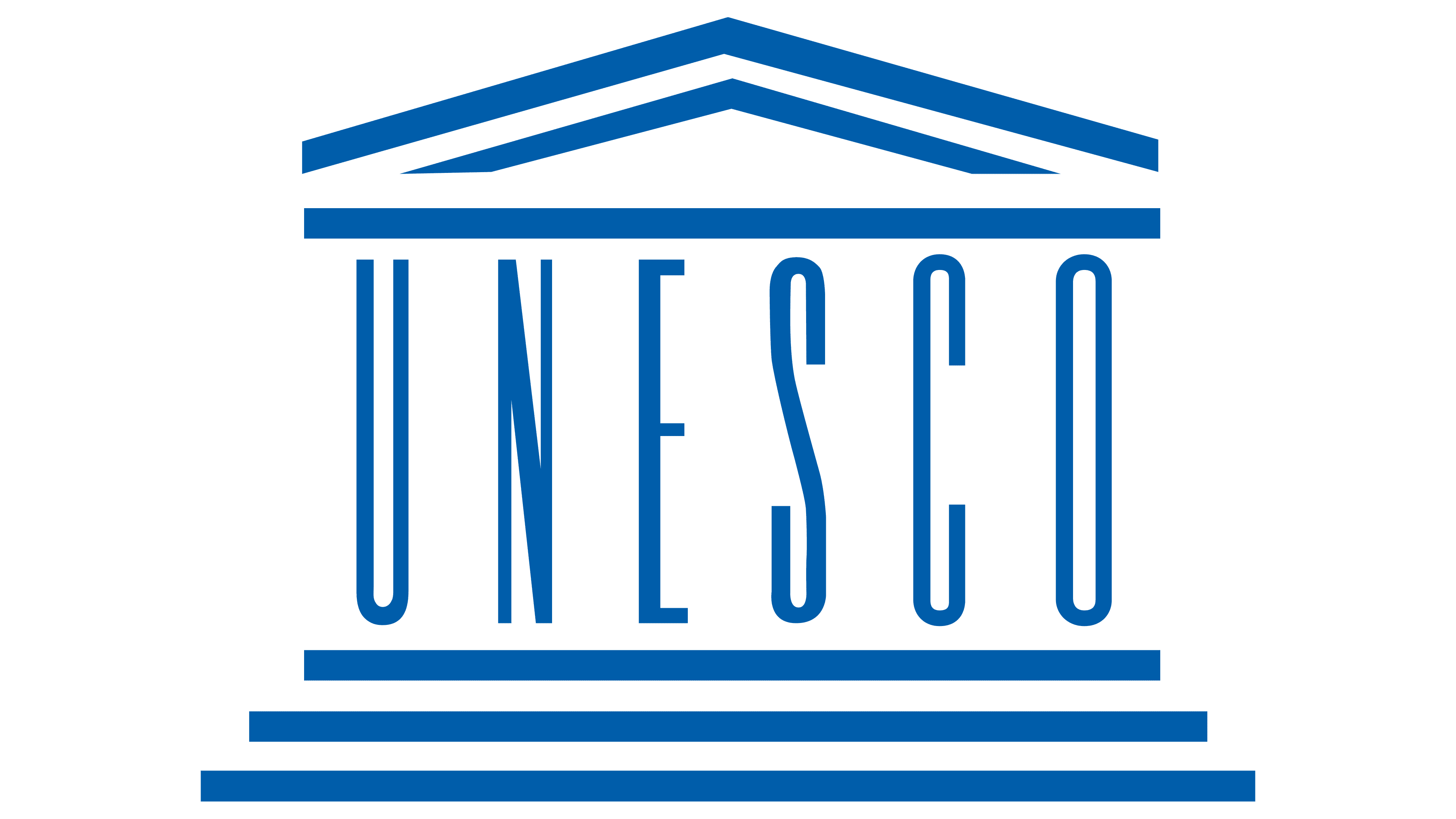AIDE MEMOIRE: THE BAHAMAS’ CANDIDATURE TO UNESCO’S EXECUTIVE BOARD 2025-2029
The Bahamas became a Member State of the United Nations Educational, Scientific and Cultural Organization (UNESCO) on 23 April 1981. This year, The Bahamas celebrates its 44th Anniversary as a Member State. UNESCO, one of the most important Specialized Agencies, offers a number of opportunities for developing countries under its five major programmes in Education, Natural Science, Social and Human Sciences, Culture, and Information and Communication.
Over the last forty-four years The Bahamas has made significant strides in the Organization as follows:
1. Participation in the Committees on Culture and Education at General Conferences
2. Membership on the Executive Board
3. President of the 35th UNESCO General Conference
4. Appointment of a Permanent Delegate to UNESCO.
5. Signing on to three Cultural Conventions
6. Inscription of Junkanoo on the Representative List of the Intangible Cultural Heritage of Humanity
These achievements have helped to heighten the visibility of The Bahamas in the International Community.
The country has participated actively in the work of the Organization, including sessions of the UNESCO General Conference, its highest policy-making organ and the Executive Board of UNESCO, the second highest decision-making organ. One notable achievement of The Bahamas was the election by the UNESCO Executive Board in Paris in September 2009 of Dr. Davidson Hepburn, a career diplomat from the country, as President of the 35th General Conference for a two-year term, the first personality from an English-speaking Caribbean Member State to occupy that position.
Over the past 44 years, The Bahamas has similarly contributed to, been involved in and benefitted from UNESCO’s international, regional and country-specific normative and operational actions in education, culture, the natural, social and human sciences as well as communication and information. The Bahamas National Commission for UNESCO has served a key partner in the planning, implementation, evaluation and reporting on Programme actions carried out by UNESCO in the country. The Bahamas was involved in the regional project to strengthen the capacity for education statistics; the project to strengthen the capacity of the education sector for a comprehensive response to HIV and AIDS and to develop a sector policy on the epidemic in the Ministries of Education; support for national policies and good practices to address violence in schools and promote citizenship; and the regional project on Youth Poverty Alleviation through Tourism and Heritage.
The Bahamas has equally hosted important international and regional conferences such as the International Conference on “Slavery, Abolition and Emancipation: Resources, Research and Education in Caribbean Museums” held in Nassau commemorate the 200th Anniversary of the Abolition of the Trans-Atlantic Slave Trade. Other meetings such as the9th Meeting of the Regional Committee for Latin America and the Caribbean of UNESCO’s Memory of the World Programme on the theme of “Preservation and Access to Documentary Memory; the Climate Change Conference; the Cultural Conventions Meeting, the UNESCO Award of Excellence for Handicraft Meeting; The International Hydrological Programme Biennial Conference and the Global Citizenship Education Conference.
The Bahamas became State Party to three cultural conventions; Intangible Cultural Heritage Convention, World Heritage Convention and the Convention on the Protection and Promotion of the Diversity of Cultural Expressions. The Lighthouses of The Bahamas and Inagua National Park are currently on the Tentative List of World Heritage and The Bahamas has one element inscribed on the Representative List of the Intangible Cultural Heritage of Humanity.
The Bahamas is committed to representation at various meetings and conferences of UNESCO abroad with the most recent participation in the UNESCO Regional Meeting for SIDS on National Cultural Heritage Laws in Antigua and Barbuda, the UNESCO Caribbean Regional forum on the occasion of the 30th anniversary of the UNESCO “Routes of Enslaved Peoples” Programme in Cuba, the UNESCO Teacher Training on Gender Equality -The Road to Gender Transformative Education in the Caribbean in Jamaica, UNESCO Transcultura at World Tourism Event in Italy, and the 19thSession of the Intergovernmental Meeting of the Intangible Cultural Heritage in Paraguay.
The Bahamas through its National Commission for UNESCO has contributed to promoting the ideals, mission and mandate of the Organization and is committed to continuing to do so. A successful candidature will allow The Bahamas to create dialogue with members of the Executive Board, other Members States and Associate Member States to foster inclusiveness in the decision-making process and facilitate achieving consensus while advancing the objectives of the Organization and ensuring that the views of SIDS are taken into consideration.
Sixteen years has passed since the country served as a member of the Executive Board and The Bahamas stands ready to serve as an active member of the Executive Board for the term 2025-2029 for one of the vacancies in Electoral Group III should it be elected at the 43rd Session of the General Conference in November 2025.

